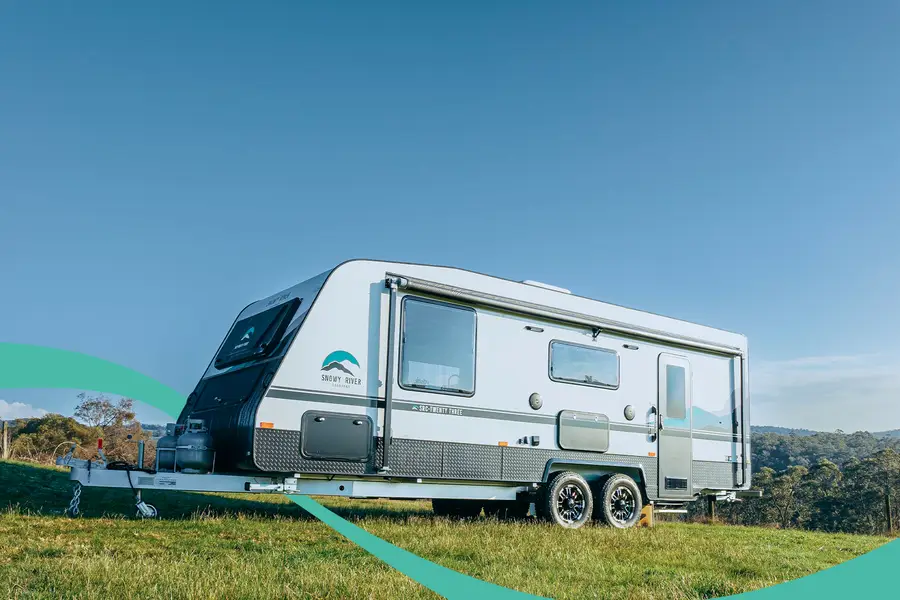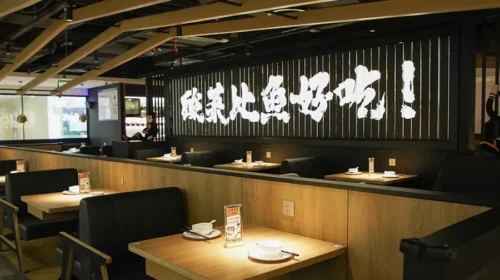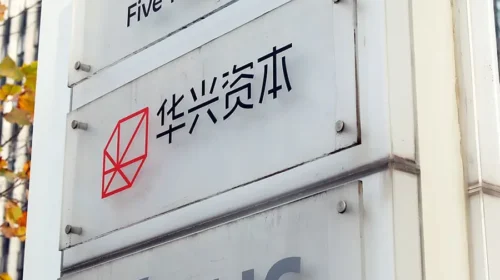Dwindling sales of luxury RVs stall New Gonow earnings

The Chinese motorhome maker has announced plans for a temporary retreat from the top-tier RV market after delivering weak half-year results
Key Takeaways:
- New Gonow’s revenue fell 2.4% and its net profit sank 22.4% compared with the first half of last year
- Deliveries of recreational vehicles dipped 4.2% to 1,367 units
By Lee Shih Ta
A Chinese maker of motorhomes and caravans for sale in Australasia has hit a roadblock on its route to sustained growth.
In its first year as a Hong Kong-listed company, New Gonow Recreational Vehicles Inc. (0805.HK) has delivered underwhelming interim earnings, hit by a slowdown in demand for its top-of-the-range campervans and largely static sales of its mid-priced fleet aimed at retirees and families.
Meanwhile, younger customers are tending to prefer renting over buying their own recreational vehicle. All of this adds up to challenges for the Chinese company as it navigates the tricky business terrain in its target market of Australia and New Zealand, as underscored by its recent half-year results.
Revenues for the first six months fell 2.4% to 411.7 million yuan ($57.2 million) from the year-earlier period, while net profit sank a steeper 22.4% to 30.7 million yuan. Gross margin narrowed from 32.0% to 29.5%. The slide was blamed on reduced RV sales and price promotions for newly launched models.
New Gonow manufactures its vehicles in mainland China for sale in Australasia, where camping and caravanning are popular pursuits and RVs are touted as a symbol of freedom to hit the open road. But demand is sensitive to economic conditions and changing customer preferences.
During the reporting period, total RV deliveries dropped 4.2% year on year to 1,367 units, although some strategy tweaks helped parts of the business to prosper. Direct sales by the company or its partners increased from 438 to 610 units, boosting the corresponding income stream to 188 million yuan. Meanwhile, a trade-in program proved popular, pushing up revenue from pre-owned RVs by more than 50% to 35.4 million yuan.
U-turn from the luxury market
One clear takeaway from the earnings report was the contrasting performance of the company’s various RV brands, reflecting different demand patterns.
The company’s mainstream range, Snowy River, sold 1,247 units, a modest 1.1% increase from the year-earlier period, reflecting relatively stable interest from the target market of families and retirees.
But only 25 units of the luxury Regent range were sold, a drop of nearly 70% from the 78 vehicles delivered in the first half of 2024. The uptake was so weak that the company said it would temporarily withdraw from the luxury RV market to take stock of its brand position and market needs. It said the brand would be relaunched when conditions improved.
Sales of trendy off-road vehicles aimed at younger consumers also went into reverse. The Newgen brand sold 95 units, around 17% less than in the equivalent half of last year.
Overall, the company is now heavily reliant on its staple Snowy River vehicles, exposing its finances to increased risk if the mid-range market falters.
The Hong Kong listing in January bolstered the company’s balance sheet. As of June 30, net assets had risen to 330.1 million yuan, while net current assets turned positive to the tune of 271.7 million yuan, providing more resources for R&D and marketing.
The strategy of opening new stores and investing in advertising to strengthen its direct sales channels has yielded results, but at the cost of higher sales and distribution expenses, which rose 64% to 52.8 million yuan, outpacing revenue growth and squeezing profits.
Exploring new directions
In making its IPO pitch to investors, the company highlighted plans for overseas expansion beyond Australia and New Zealand. It has set up a working group to explore a push into the European market, focusing on potential acquisitions, product design, EU certification and customer development. New Gonow has also begun designing prototypes and preparing a promotional effort in Canada. Yet it faces formidable challenges overseas, with regulatory barriers, high costs of entry, differing customer tastes and stiff competition from global giants such as Winnebago (WGO.US) and Thor Industries (THO.US).
The Australasian market continues to grow but its structure is shifting. Luxury RV demand is shrinking under economic pressure while many younger buyers prefer renting to ownership, with a focus on specific design features and functions. Hybrid trailers, off-road vehicles and new energy RVs are emerging as growth areas.
The company responded this year by launching a new series, the SRH-Hybrid 2025, targeting families and younger customers with a mix of off-road capability and comfort. It has also outlined plans to introduce new energy RVs in Europe, looking to tap into shifting policy and consumption trends with differentiated products.
On the first trading day after its results, New Gonow’s share price fell 3.42% to HK$1.13. Still, the stock has risen 15.3% since the IPO. New Gonow trades at a price-to-earnings (P/E) ratio of 16.1 times, below the multiple of 22.2 for Winnebago and 26.3 for Thor Industries, reflecting investor caution about its growth prospects.
The Chinese campervan maker remains a newcomer in the global RV industry, with limited brand recognition so far. While it enjoys a stable base in the mainstream Australasian market, its outlook for profitability and overseas expansion remains highly uncertain. In theory, its valuation has room to recover. But any share price gains will depend on its progress in penetrating international markets with standout products.
To subscribe to Bamboo Works free weekly newsletter, click here





